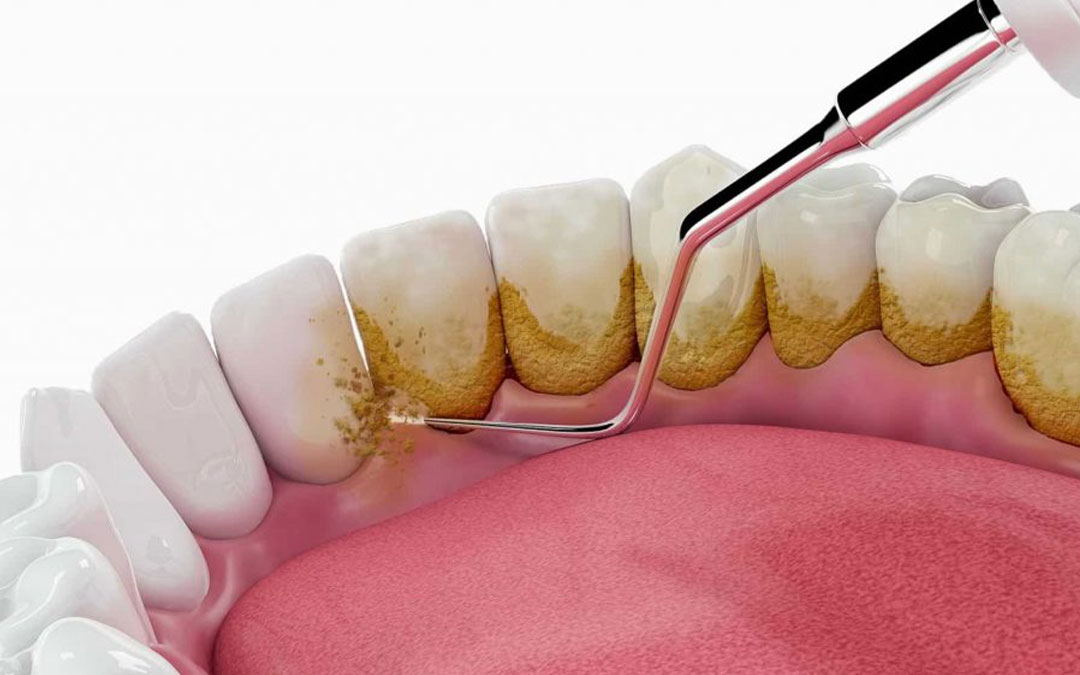At Toothway Dental, we often encounter concerns from patients about the effects of regular dental scaling on their tooth enamel. It's a common misconception that scaling, a procedure designed to remove plaque and tartar buildup, might wear down or damage the enamel. In this blog, we'll address these concerns and explain why regular scaling is not only safe but also essential for maintaining optimal oral health.
What Is Dental Scaling?
Dental scaling is a routine procedure performed by dental professionals to clean the surfaces of your teeth, especially around the gum line. This process involves using specialized tools, such as ultrasonic scalers, to remove hardened plaque (tartar) that cannot be eliminated through regular brushing and flossing. Scaling is often followed by polishing, which smoothens the tooth surface, making it more difficult for plaque to accumulate.
Understanding Tooth Enamel
Tooth enamel is the hardest substance in the human body, composed mainly of minerals like calcium phosphate. It serves as a protective layer for your teeth, safeguarding the inner layers from decay, sensitivity, and damage. However, enamel is not indestructible and can be eroded by acids from food, beverages, or bacteria.
Does Scaling Harm Enamel?
The short answer is NO, regular dental scaling does not harm tooth enamel. Here's why:
- Non-Invasive Procedure: Scaling is designed to remove external substances like plaque and tartar that cling to the enamel, not the enamel itself. The instruments used during scaling are specifically crafted to target these deposits without affecting the tooth structure.
- Preventing Gum Disease: Without regular scaling, plaque and tartar can accumulate along the gum line, leading to gum inflammation (gingivitis) or more severe periodontal disease. These conditions can cause gum recession, exposing more of the tooth’s surface and potentially leading to enamel wear. By preventing gum disease, scaling actually helps protect your enamel.
- Minimal Impact on Enamel: The mechanical action of scaling may cause minor and superficial abrasion on the enamel, but this is negligible and does not compromise the integrity of the enamel. Any minor abrasions are quickly repaired by the natural remineralization process that occurs through saliva and fluoride in toothpaste.
Why Regular Scaling Is Important
Regular scaling, typically recommended every six months during routine dental check-ups, plays a critical role in maintaining your oral health:
- Prevents Tooth Decay: By removing plaque and tartar, scaling reduces the risk of cavities, which can lead to more significant enamel loss and tooth decay if left untreated.
- Reduces Bad Breath: Plaque and tartar harbor bacteria that produce unpleasant odors. Regular scaling helps keep your breath fresh.
- Enhances Aesthetics: Scaling removes surface stains from food, beverages, and smoking, contributing to a brighter smile.
Conclusion
At Toothway Dental, your oral health is our top priority. Regular dental scaling is a safe and effective way to maintain healthy teeth and gums. It does not damage the enamel but instead protects it by preventing the buildup of harmful substances that can lead to more serious dental issues. If you have any concerns about dental scaling or your oral health, don’t hesitate to contact our team for personalized advice and care.
Remember, a healthy smile starts with regular care and professional cleanings. Visit Toothway Dental regularly to ensure your teeth remain strong, healthy, and beautiful.







